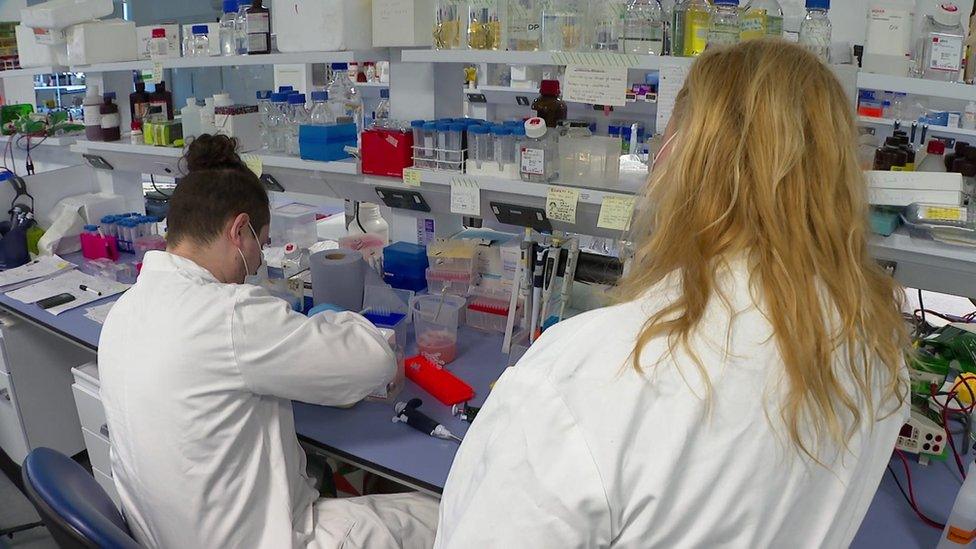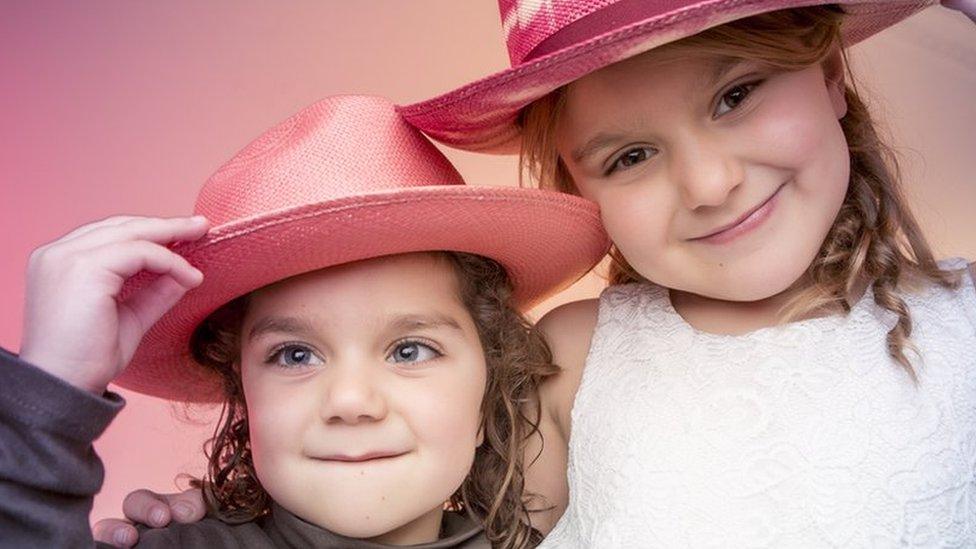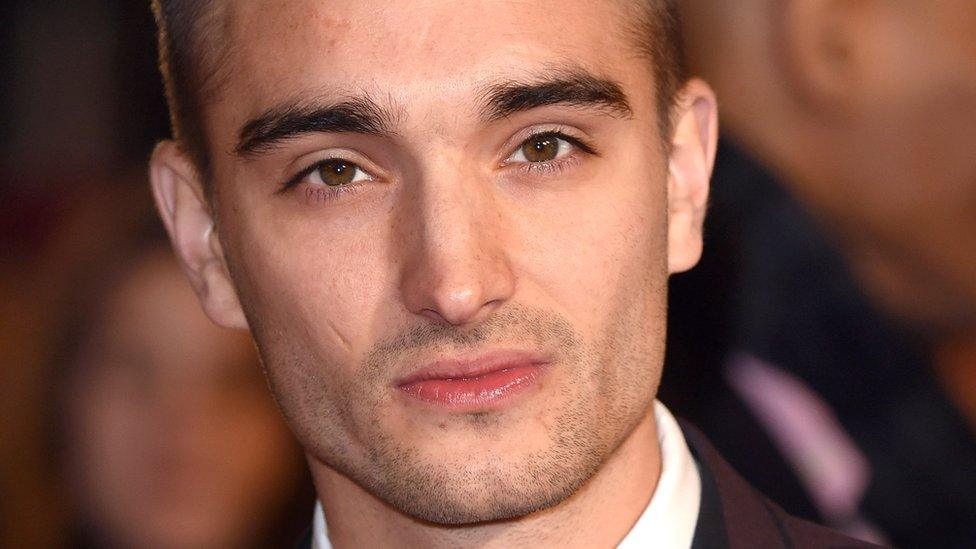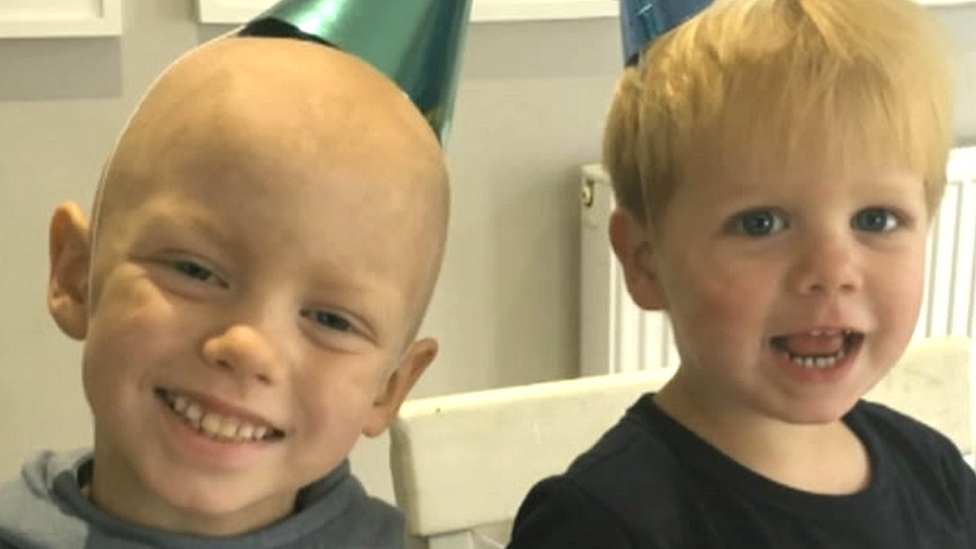HIV drugs 'stop brain tumours growing'
- Published

The research work has been described by project fundraisers and patients as "exciting"
Drugs to treat HIV and AIDS could be effective at stopping low-grade brain tumours from growing, scientists at the University of Plymouth have said.
Their conclusion comes after a five-year study.
Such conditions affect about 16,000 people in the UK each year and many require surgery.
The charity Brain Tumour Research, which funded the work, said it was "exciting" and discussions were under way about possible clinical trials.
'Repurposing drugs'
The university's Brain Tumour Research Centre said already approved anti-retroviral drugs could be prescribed for patients diagnosed with meningioma and acoustic neuroma (schwannoma) brain tumours.
Its research found that retroviral protease inhibitors ritonavir, atazanavir and lopinavir "reduced proliferation of schwannoma and grade I meningioma cells".
The drugs had already been approved for use in the USA and were also available in the UK, the centre said.
Senior researcher Dr Sylwia Ammoun, of the centre, said a drug "could be used on its own" and have a "tremendous effect on tumour growth", but also, when combined with others, could be more effective.

The protease inhibitors reduced proliferation of schwannoma tumour cells, scientists said
Hugh Adams, from the Brain Tumour Research charity, said the work was "really exciting" because "one of the problems we have is getting new drugs to market".
He said: "What they are exploring here is repurposing drugs that are already in existence, and giving a new chance for tumour patients who have been waiting too long for these opportunities."
If clinical trials are successful, then the use of the drugs could mean treatment without the need for brain operations, which can last many hours.
Victoria Bradley was diagnosed with meningioma and had surgery to remove most of it.
She said she could face more operations if it recurred, and treatments which could help avoid surgery could be "incredible".
She said: "It's exciting... because the surgery is so extreme.
"To think that you don't have to have a 13-hour surgery... it's life changing."

Follow BBC News South West on Twitter, external, Facebook, external and Instagram, external. Send your story ideas to spotlight@bbc.co.uk, external.
Related topics
- Published29 November 2021

- Published4 November 2021

- Published11 October 2021
